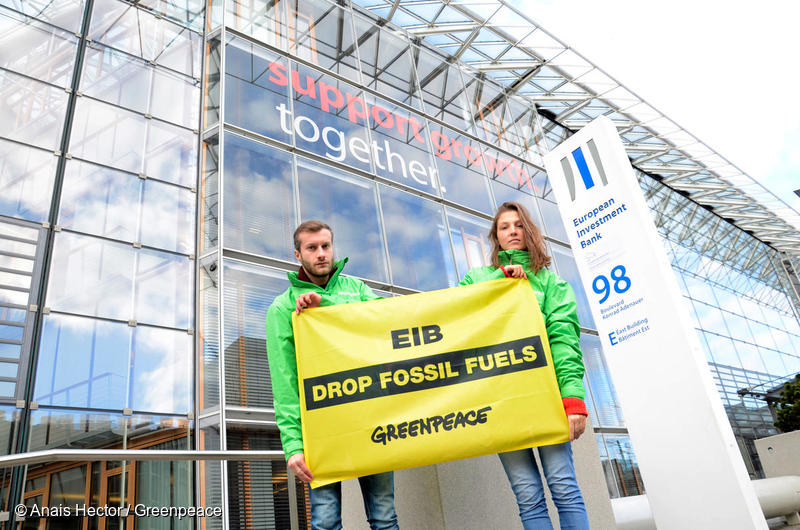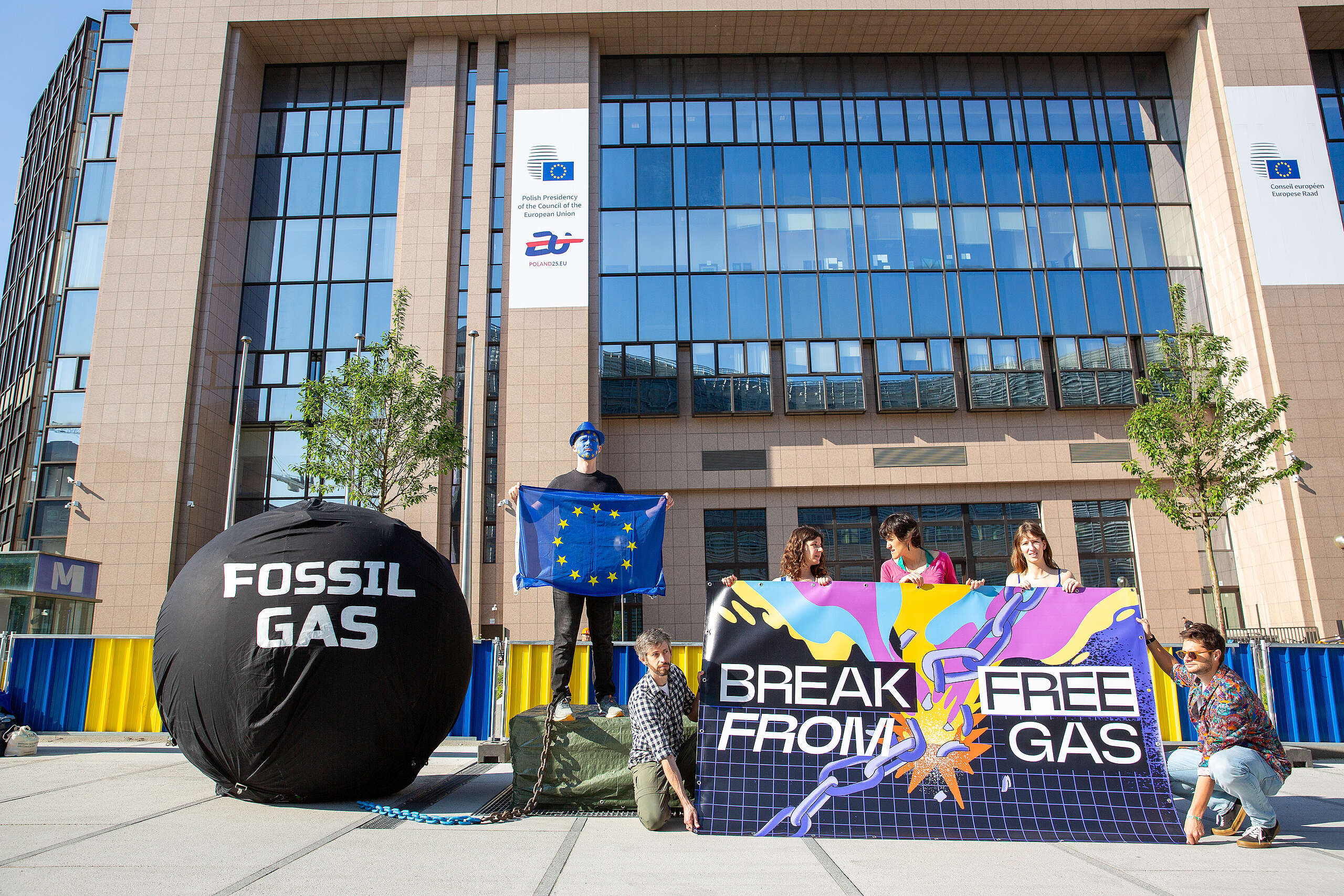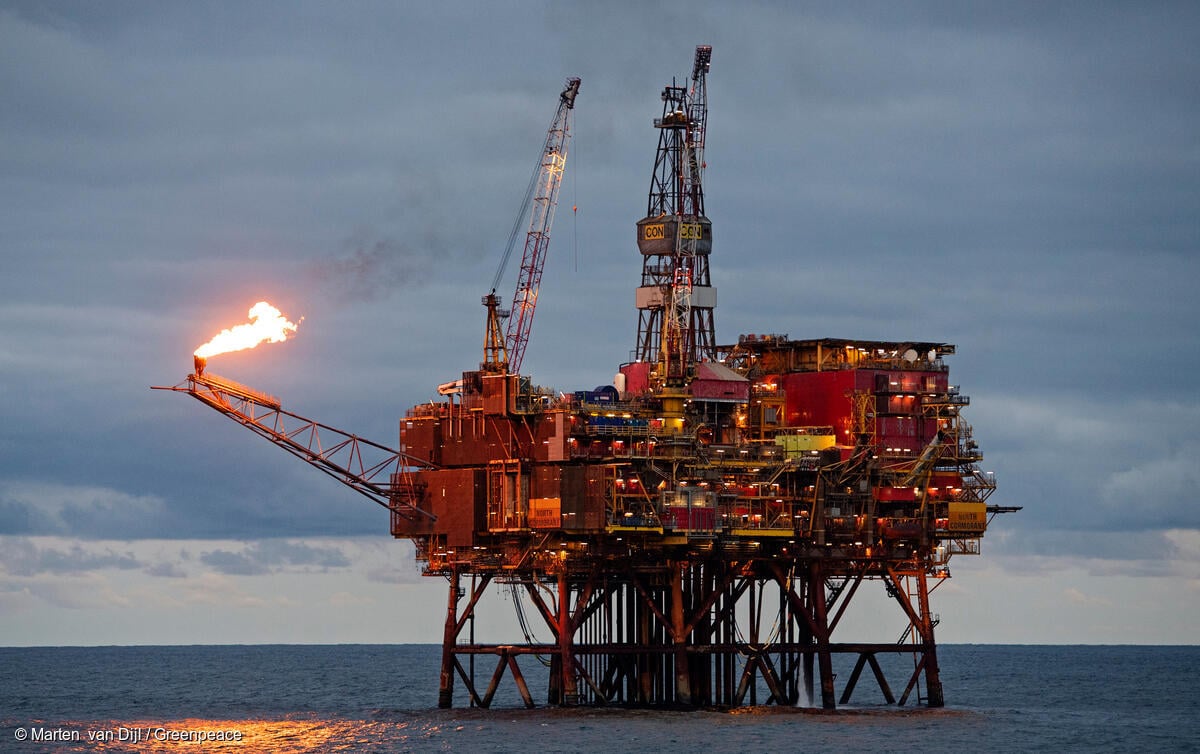
Luxembourg/Brussels – The European Investment Bank (EIB) will limit funding for new fossil fuel projects starting at the end of 2021, but some gas infrastructure will continue to be eligible for financing, following pressure from Germany, Italy, Poland and the European Commission. The decision came as the bank approved its new energy lending policy at a meeting of the board of directors held today in Luxembourg.
Nineteen EU governments supported the policy, including Germany, France and Italy, while three – Poland, Romania and Hungary – voted against, because they wanted more flexibility for gas funding. Six governments abstained: Estonia, Lithuania, Cyprus and Malta also wanted easier funding for gas, while Austria and Luxembourg objected to the continued eligibility of nuclear power for funding.
While the new policy means the EU will largely end support for coal and oil, the continued funding of projects like gas pipelines until 2021, and the modernisation of existing fossil fuel infrastructure beyond 2021 threatens the EU’s climate commitments. Gas infrastructure could be operational until the middle of the century, threatening pledges by the European Commission and most European governments to reduce EU emissions to net zero by 2050.
“As the climate emergency continues to escalate, Europe cannot afford to waste one more day or one more euro on fossil fuels. All fossil fuel funding should be banned, including for fossil gas. Nevertheless, the bank’s new energy lending policy sends a signal to the energy sector and global financial community that the age of fossil fuels is coming to an end. We call on other public and commercial banks to follow the EIB’s example and go further by ending all fossil fuel funding immediately and without exception,” said Piotr Wojcik, finance campaigner with Greenpeace.
The EIB published a first draft of its new energy lending policy on 26 July 2019, which proposed to end all new funding for fossil fuel projects after 2020. However, the European Commission and some EU governments, led by Germany, Italy and Poland, lobbied successfully for the bank to finance more fossil gas and lower carbon fuel projects. As a result, the EIB will still provide funding for fossil power plants which emit less than 250g CO2 per kWh of electricity generated (averaged over the lifetime of the power plant) and for so-called ‘low carbon fuel’ projects, such as hydrogen and biogas. This last loophole could act as a backdoor to keep old gas infrastructure in operation.
Until the end of 2021, the EIB will also be able to fund gas infrastructure projects that are currently being assessed by the bank and some other fossil fuel projects that are yet to be submitted.
Nuclear energy will continue to be eligible for EIB funding, despite soaring costs, as the cost of renewable energy continues to fall rapidly.
The EIB will review its energy lending policy in two years. This should provide the EIB with the opportunity to close all remaining loopholes and earn its credentials as the EU’s climate bank, said Greenpeace.
Contacts:
Piotr Wojcik – Greenpeace financial analyst: +48 532 751 517, [email protected]
Greenpeace EU press desk: +32 (0)2 274 1911, [email protected]
For breaking news and comment on EU affairs: @GreenpeaceEU
Greenpeace is an independent global campaigning organisation that acts to change attitudes and behaviour, to protect and conserve the environment and to promote peace. We do not accept donations from governments, the EU, businesses or political parties. We have over three million supporters, and offices in more than 55 countries.



